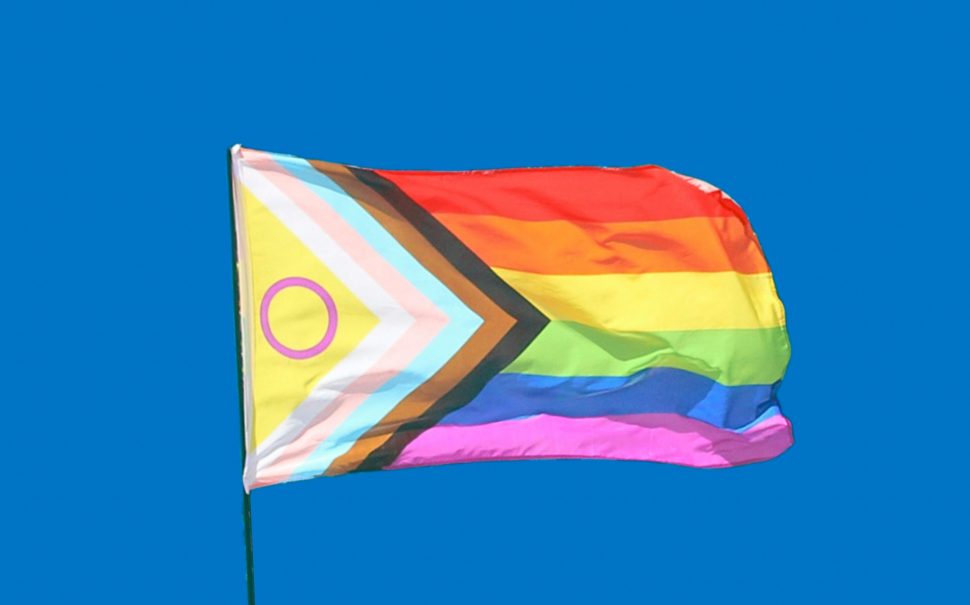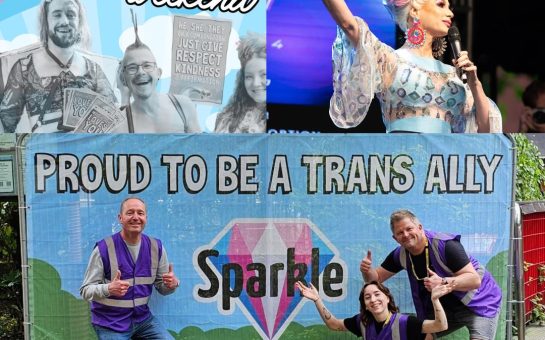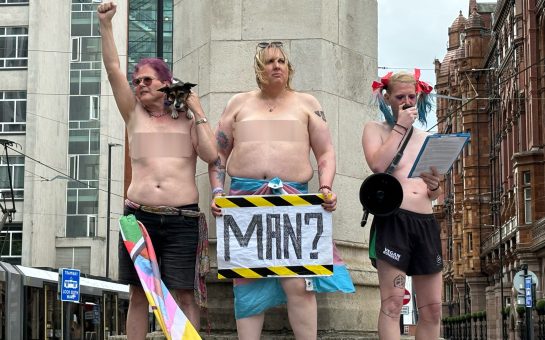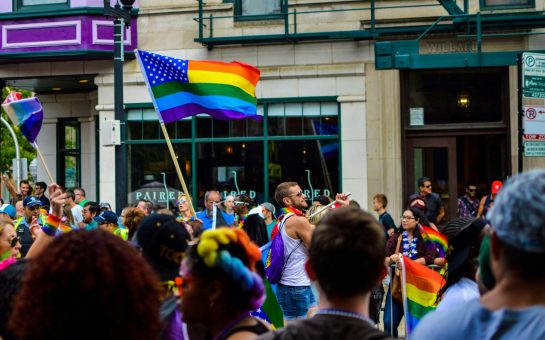JK Rowling has celebrated the ruling by the Supreme Court today which defined the term ‘woman’ as being based on biological sex.
The court said a person with a Gender Recognition Certificate (GRC) in the female gender “does not come within the definition of a ‘woman’ under the Equality Act 2010″.
And Harry Potter author Rowling said in the post on X: “It took three extraordinary, tenacious Scottish women with an army behind them to get this case heard by the Supreme Court.”
This is in reference to the Campaign group For Women Scotland (FWS) who brought the challenge of whether a gender recognition certificate (GRC) recognising the gender of a person female should allow them to be treated as a woman under anti-discrimination legislation.
Previously the terms surrounding woman and sex in the Equality Act had not clearly stated the law refers to a person’s biological sex.
The five Supreme Court justices ruled unanimously in FWS’s favour, rejecting the position of the Scottish Government.
The issue was originally taken to court in 2022 when FWS successfully challenged the Scottish Government’s Gender Representation on Public Boards (Scotland) Act 2018 over its inclusion of trans women in its definition of women
In an 88-page judgment today, justices Lord Hodge, Lady Rose and Lady Simler said that while the word “biological” does not appear in the definition of man or woman in the Equality Act, “the ordinary meaning of those plain and unambiguous words corresponds with the biological characteristics that make an individual a man or a woman”.
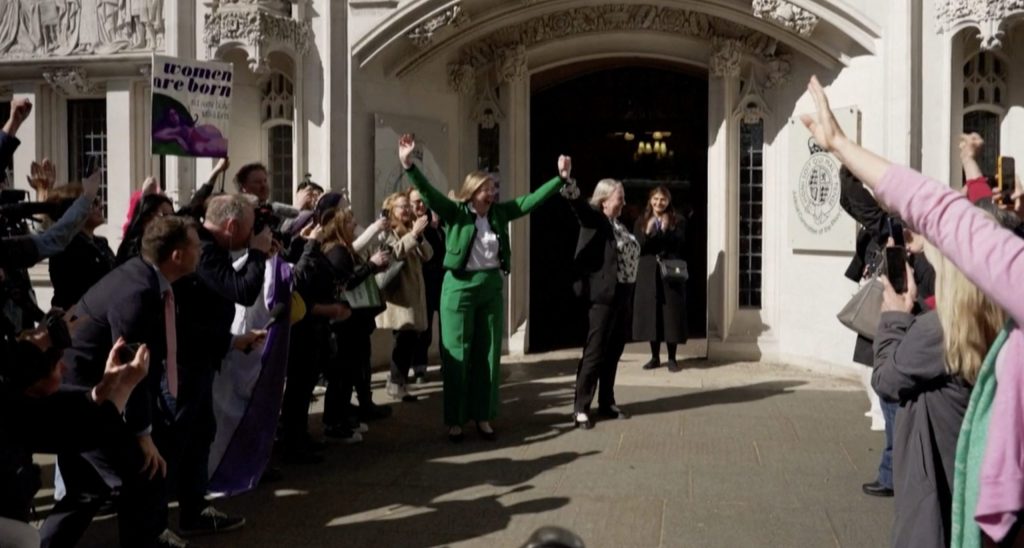
Rowling has been the source of controversy surrounding her strong opinions on gender for years, and her opposition to Scotland’s gender recognition bill.
Harry Potter film actors including Daniel Radcliffe, Rupert Grint and Emma Watson have previously criticised Rowling’s comments.
Just last week the author distanced herself further from those Harry Potter cast members in a post on X responding to a Cass review which showed children had been let down by remarkably weak evidence on gender care.
Rowling described the report as “a watershed moment”.
A user replied to this post saying: “Just waiting for Dan and Emma to give you a very public apology… safe in the knowledge that you will forgive them…”
Rowling responded: “Not safe, I’m afraid.
“Celebs who cosied up to a movement intent on eroding women’s hard-won rights and who used their platforms to cheer on the transitioning of minors can save their apologies for traumatised detransitioners and vulnerable women reliant on single sex spaces.”
The writer has attracted both criticism and support for her position, and has dismissed backlash over her opinions, and denies being transphobic.
The Supreme Court’s decision establishes a legal precedent that defines “woman” based on biological sex under the Equality Act 2010 and may prompt a review of existing laws and policies to align with the clarified definition.
LGBT Rights charity stonewall CEO Simon Blake OBE responded to the ruling with some reassurance at the court re-affirming the protection of the Equality Act for all trans people from discrimination, saying:
“Stonewall shares the deep concern at the widespread implications for today’s ruling from the Supreme Court. It will be incredibly worrying for the trans community and all of us who support them.
“It’s important to be reminded the Court strongly and clearly re-affirmed the Equality Act protects all trans people against discrimination, based on Gender Reassignment, and will continue to do so.
“Once we read and fully digest the judgement, we will work with stakeholders across all sectors to provide as much clarity as possible.”
The decision is likely to intensify debates around gender identity and women’s rights.
While the court emphasised that protections against discrimination and harassment remain for transgender individuals, the exclusion of trans women from the legal definition of “woman” could affect their access to certain spaces and services designated for biological women.
The wider implications of this ruling remain to be seen.
Feature photo by Sophie Popplewell on Unsplash
